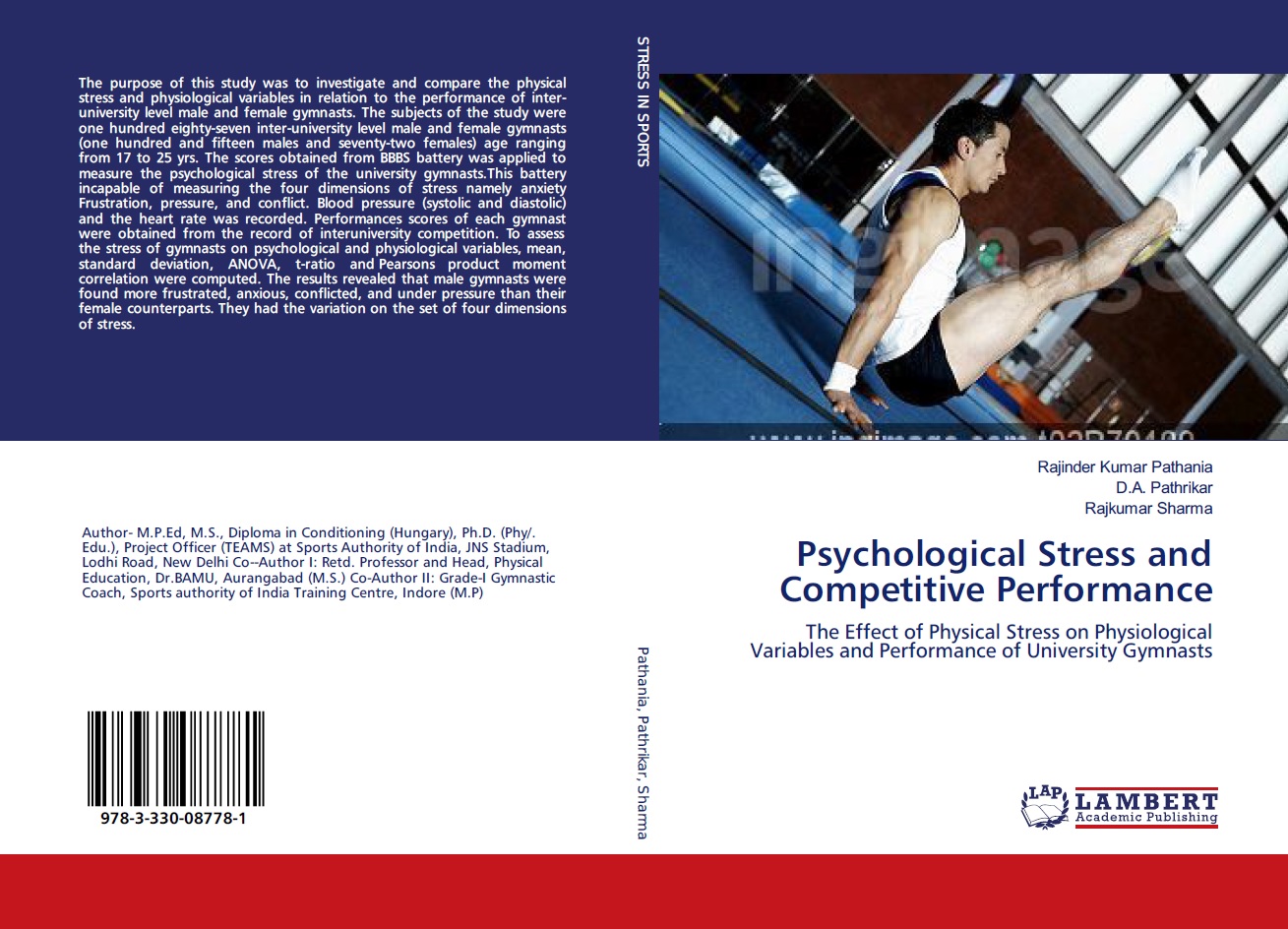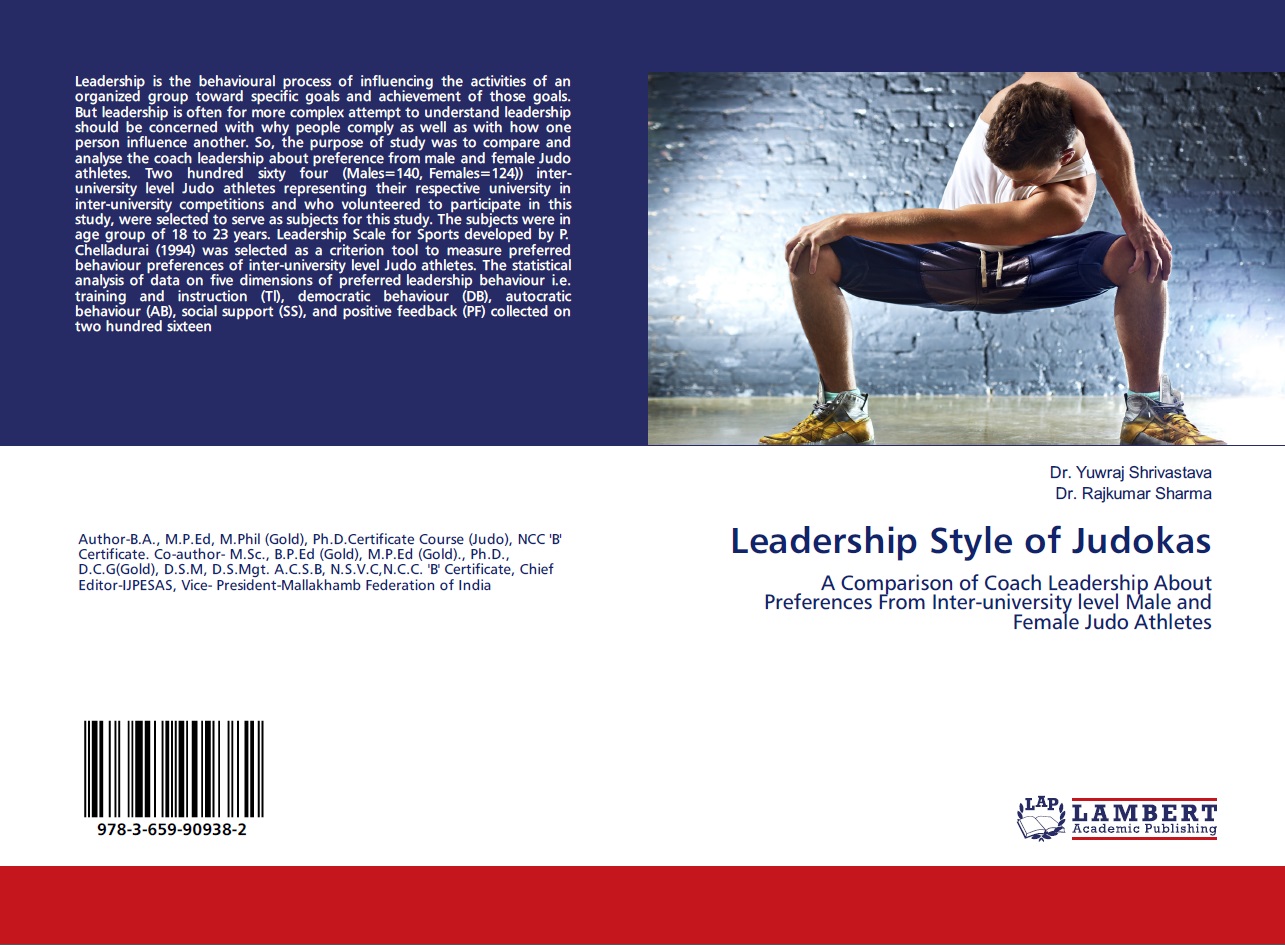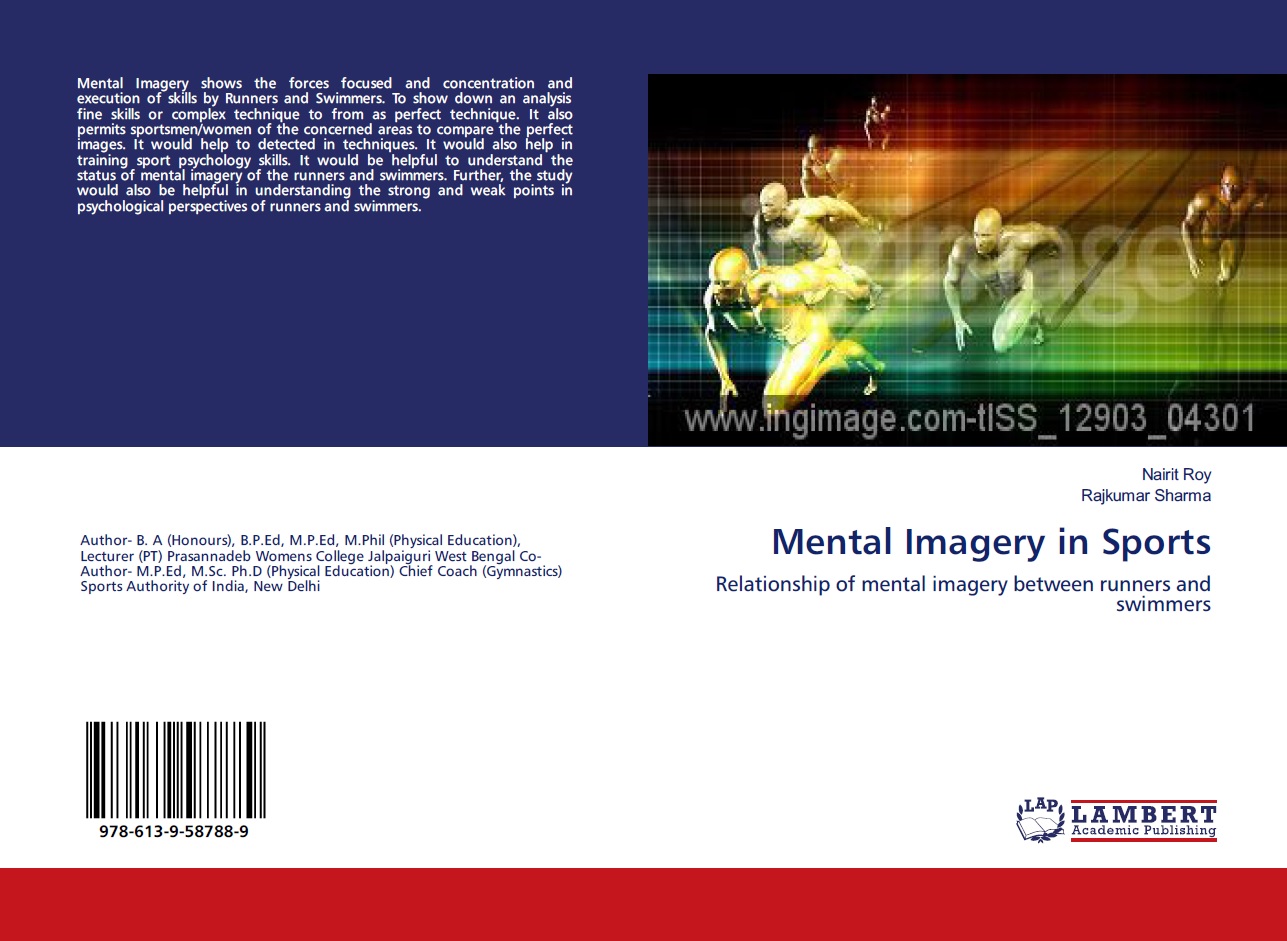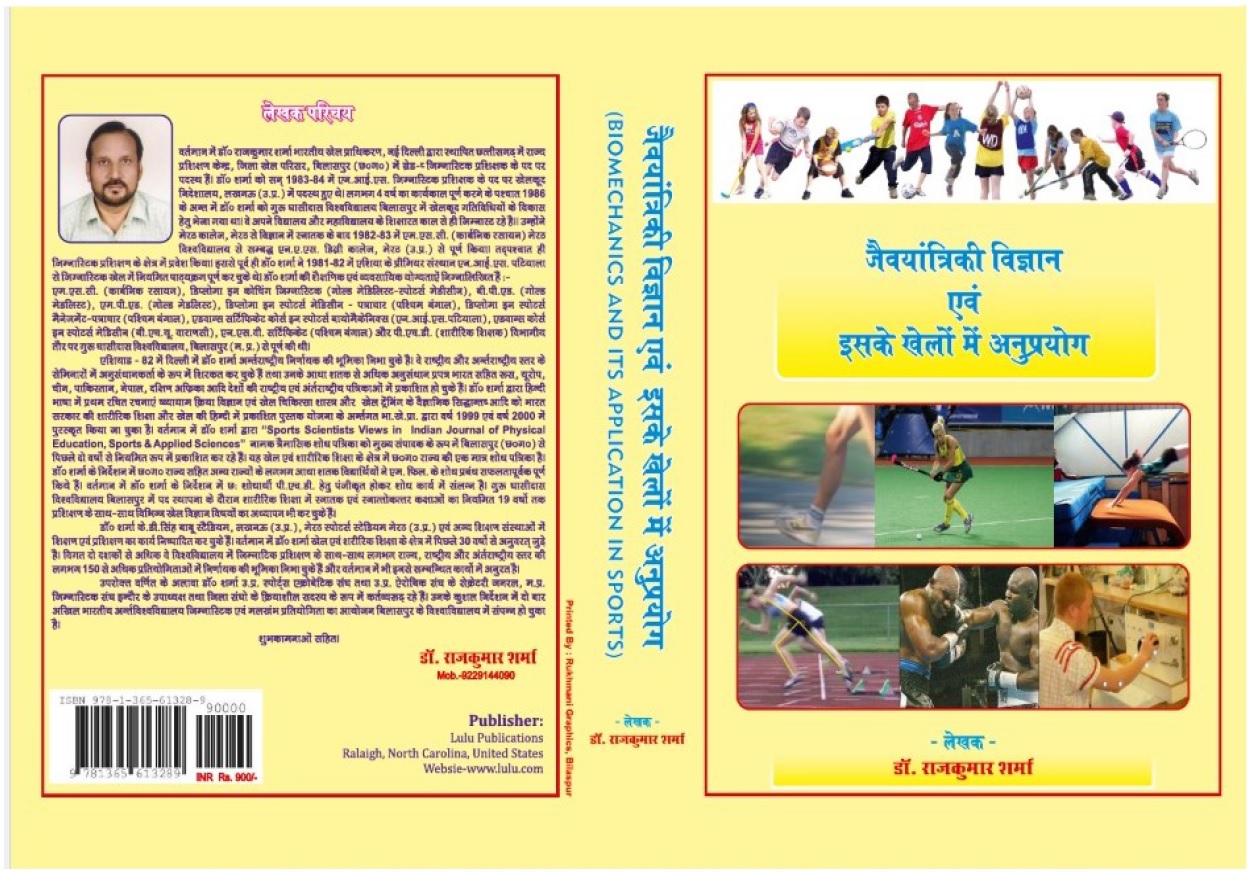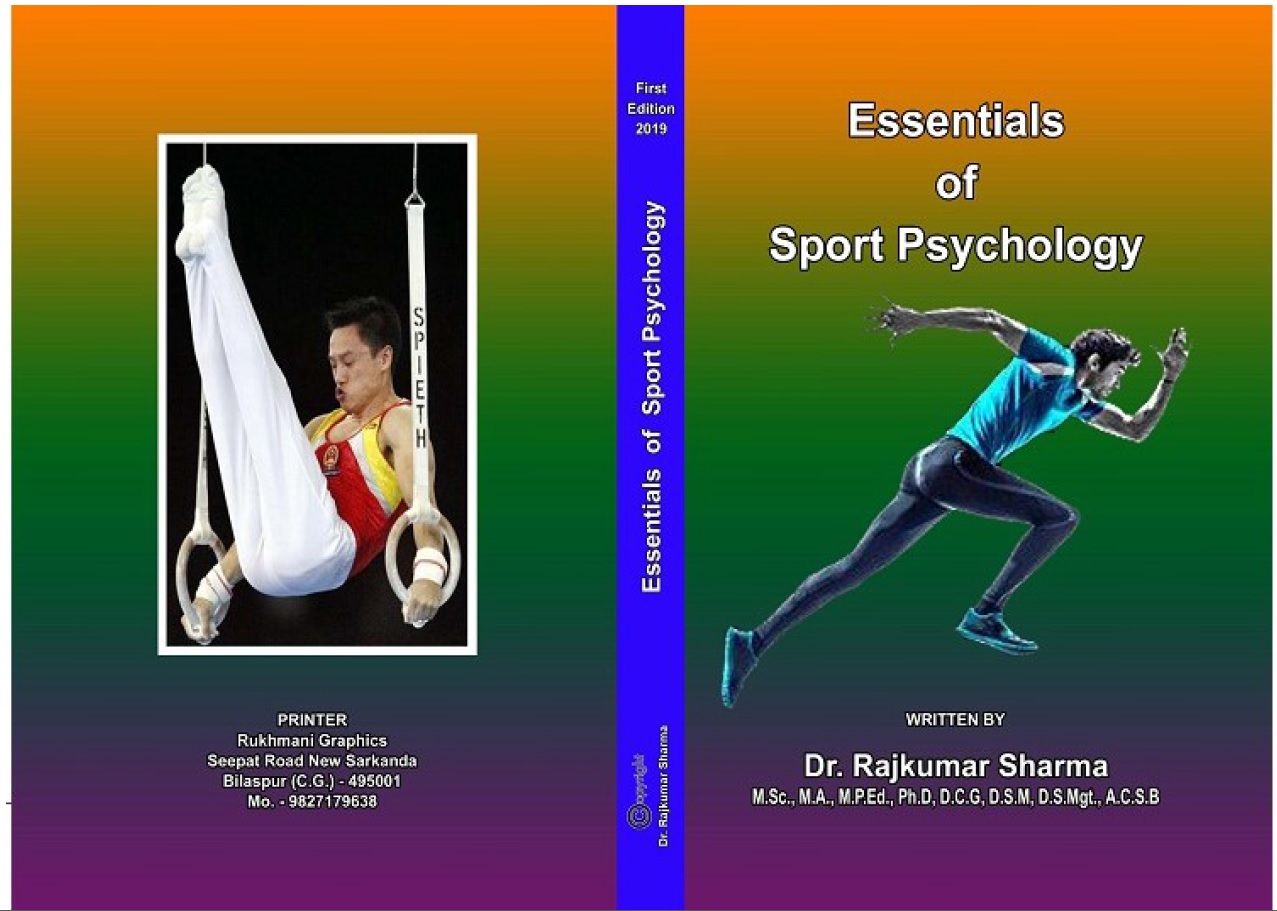Qualification & Requirement for a Potential Reviewer
1. The applicant is requested to possess at least 2-year research or working experience in the related areas of the applied journal.
2. The applicant with doctor degree or above will be given priority.
3. The applicant should have no less than 2 publications in the same topic area of the applied journal.
4. The applicant with relevant working experience is preferred.
Benefits for Reviewers
Being on a reviewer of a journal is truly productive, pleasant and in fact prestigious which helps in add-on to the scientific world through the ways and guidelines given by experts in the relevant fields. Though, it is time consuming and often goes unobserved, there are some important rewards that make the reviewers worthwhile. You will be entitled following benefits while working with us as a reviewer of the journal.
1. You are enforced to read carefully various manuscripts in your area of importance and interest. This is the way you are routinely forced to keep yourself up-to-date while checking and suggesting the changes in manuscript.
2. This work helps to add in and provides a better way to create your identity as a well known expert in your field and may lead to increased invitations to speak at conferences or demand for invited research of your specialized area.
3. You will be among the contributors who will shape and decide the urgent ways as required with changing societal needs.
4. You will come across the latest research before everyone else and gives you a position of leadership in your research community.
5. The reviewers who need financial support could enjoy 10% discount to publish their articles in IJPESAS.
Responsibilities of Reviewers
We need our reviewers to be key figures in their professions to have some experience of publishing articles. A reviewer’s comment decides the acceptance or rejection of an article so they play an important role in peer review process. All the members are requested to test out the articles submitted to them without any bias to increase the quality of our journals. There is no hard and fast rule to analyse an article and it depends upon the worthiness, quality and originality. While verifying the article, you have to go through following points:
1. Detailed examination and relevance of the article as per author guidelines.
2. Careful examination of purposes and objectives of the work carried out.
3. Correctness of the conclusions and recommendations along with up-to-date references.
4. Copyediting and proofreading of the manuscripts in accordance with publishing standards especially with grammar, punctuation and spelling.
5. Coverage areas of the manuscript in relevance with the scopes of journals.
6. Plagiarism related issues if any.
7. You have to give some suggestions based on the structure of the manuscript. In general, there is no limit for the maximum inputs.
 admin@sportscientistsviews.com
admin@sportscientistsviews.com

